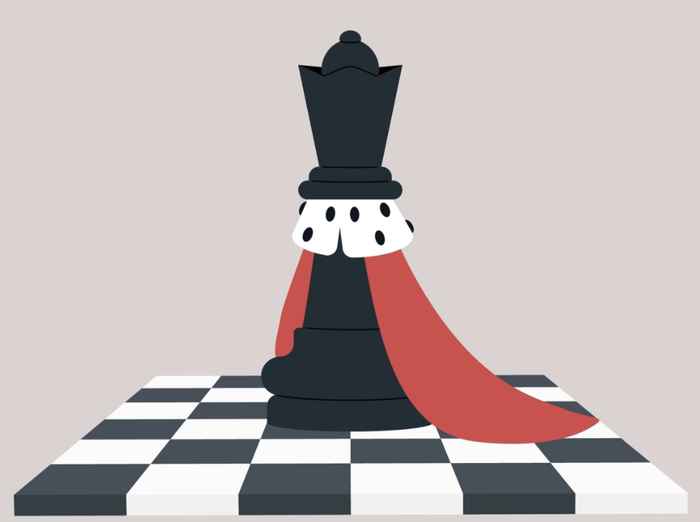Why one can have power on paper, but not in reality
Thomas Beukers is now a professor by special appointment holding the chair of Institutional Law and Practice of the EU
11 September 2024

Why do you want to go back to doing research?
'At the Ministry of Foreign Affairs, I work four days a week as a legal advisor on European law. This gives me insight into what is interesting to do further research on. My work involves all kinds of topics. Consider, for example, Hungarian Prime Minister Orbán travelling to Moscow and Beijing in the first week of Hungary's rotating presidency of the Council of the EU. How do we interpret that? Is he representing the EU when he is there? The answer is "no." But he is using his new position to exert influence. The tension between theory and reality is very interesting.'
What will you be researching as a professor by special appointment?
'That has to do with what I do at the ministry. There are rules about which European institutions do what. But how are those agreements applied in practice, and how does that change? I investigate how practice leads to shifts in the power balance between EU institutions. We know what the European Commission, the European Parliament and the Council do on paper. But that is only a starting point. Developments and agendas of institutions lead to power shifts. For a lawyer, that means going beyond just looking at the text of the EU treaties.'

Through practice, players try to strengthen their own position
What does such a power shift look like?
'The appointment of the European Commission, which you can think of as the "government" of the EU, is a good example. There is a constant power struggle between the member states and the European Parliament. Who controls what this "government" will look like? There are some basic rules about this in the EU treaties. However, in practice, the European Parliament has decided that the lead candidate who won the EP elections should be proposed as President of the European Commission. That is not stated in the EU treaties, yet this is the EP’s ambition and expectation. The European Parliament was successful the first time when Juncker was elected President of the Commission in 2014. However, the time after that, in 2019, it had already gone wrong when then-unknown Von der Leyen was conjured up. So how should her recent re-election by the European Parliament be understood? In any case, it is an attempt by the European Parliament to increase its influence on government formation. The bottom line: through practice, the players try to strengthen their own position.'
Is that harmful?
'That's a good research question. That question deserves more systematic attention. The literature often evaluates practices on a case-by-case basis. It is necessary to also move away from the individual case. On the basis of which frameworks do you actually judge this? Then, it's for example about one’s vision of the most appropriate relationship between law and politics in a constitution. For example, the Dutch King has the power to sign laws, but in practice, that is essentially a ceremonial function. We now consider it to be quite normal that shifts in the balance of power have occurred over time in the Netherlands through practice. What about in the EU? I will investigate that further.'
Shouldn't the text better reflect practice?
'The text is logically a starting point. But the text does not always answer every question. That's fine; it deliberately includes open norms. At some point, you can say that it is of added value - without adjusting the text - to bring practices into alignment with specific democratic values supported in society. Do you then want to try to fixate everything legally, or do you want to leave room for politics? That is where the traditions in Europe differ. I think of Germany as having an over-legal approach, and I think of the United Kingdom as a country with a clear political tradition. The tradition of the Netherlands is a bit closer to Germany. Again, it is interesting to ask: what about the EU?'
In what way is this research relevant to Europeans?
'Ultimately, it's about who does what? You have to understand that before you can determine who is accountable for what. A good understanding of this is important. In the media, the EU is often portrayed as one unified actor. It is then “the EU" which enters into partnerships on migration with third countries, for example. That does not contribute to a better understanding because, in practice, someone is doing it on behalf of the EU. Who that is? The European Commission. But again, the Commission cannot ‘just’ do that, because it needs a mandate first - and that doesn't always go well in practice. I understand that media coverage has to be short and accessible. But that does not do justice to reality, while it is about important matters: who do you call to account? The media plays an important role in informing citizens, as does science. The EU is already something far away. It doesn't help citizens if you dismiss it as a catch-all term. Rather, "the EU" consists of different players who continuously need to cooperate with each other.'